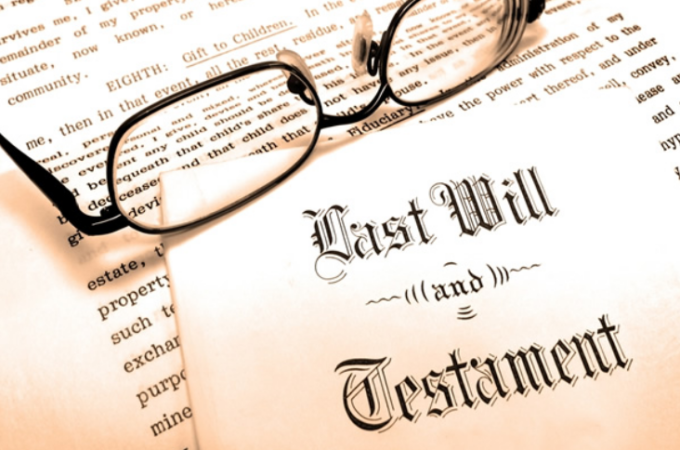Today’s Blog was co-written by Jessica Bulter, law clerk at Fasken LLP
Holograph Wills have always been a tempting choice for some testators as the requirements are simply that it is written by the testator “wholly” in their own handwriting, signed by the testator at the end of the Will and, that it expresses an intention to dispose of property upon death (see our blog here for a more in-depth look at holograph Wills).
Since Covid-19 and the resulting lockdowns, it is easy to see why many testators may have opted to prepare a holograph Will – sometimes by their own accord, and sometimes on the advice of a solicitor as was the case in Re: Lacroix Estate, 2021 ONSC 2919.
In Lacroix, the testator (who was in the final stages of cancer) was hospitalized at the peak of the pandemic and contacted a lawyer with instructions to prepare a Will. The hospital denied the will-drafting solicitor and her assistant access to the hospital to attend to the execution of the Will citing Covid-19 restrictions. The solicitor instructed the testator to create a holograph Will referencing the draft Will the solicitor prepared. The testator did so by making a handwritten note and attaching it to the draft Will, with each page initialed by the testator for good measure.
The solicitor intended to rely on the doctrine of incorporation by reference, but upon the testator’s death, the estate trustee’s application for a certificate of appointment of estate trustee was denied – aka “letters probate”. The court found that, while the holograph Will satisfied the requirements under sections 6 and 7 of the Succession Law Reform Act (the “SLRA”), the holograph Will could not stand alone as a valid testamentary document as it did not independently make any disposition of property, and that by principle, a holograph Will cannot incorporate by reference a typewritten document (being the Will drafted by the solicitor) as a holograph Will “by its very definition must be wholly in the handwriting of the testator”.
It is likely we will see more decisions like Lacroix in the coming years, as there is no doubt the pandemic has changed the landscape of the Wills and Estates world. There may be relief in sight however, thanks to the changes to legislation introduced by Bill 245 in the Accelerating Access to Justice Act which came into effect on January 1, 2022. The amendments to section 21 of the SLRA have provided the court with authority to order a document or writing as being valid and fully effective as the last Will of the deceased, despite being improperly executed, if it is satisfied that the document or writing does otherwise set out the testamentary intentions of the deceased. This is commonly referred to as the doctrine of “substantial compliance”. The authority of the court to order the validity of a Will shall hopefully allow for more flexibility moving forward. as we all continue to adjust and adapt to life post-pandemic.
A final word of caution however, as section 21.1 of the SLRA does not apply to electronic Wills (if it does not have wet signatures, then consider it electronic!), nor can it be relied upon if the deceased passed away prior to January 1, 2022.


0 Comments